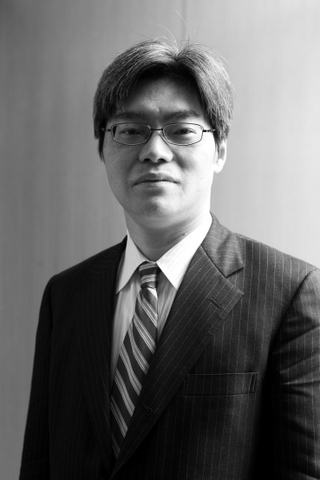
photo : Ryoma.K
The problems we confront today worldwide are becoming increasingly urgent. Major obstacles include overcoming the challenges of a super-aging society, securing sustainability, ensuring security in areas such as food, natural resources and energy, disaster resilience, the proper governance of advanced technologies with their accompanying risks and uncertainties, and the realization of comprehensive economic growth. The fact that developing innovations that can solve these various challenges has been listed among the goals of the Growth Strategy unveiled by the OECD in 2010 is indicative of a growing global awareness of the need for rapid concerted action toward solving these problems.
The world already has a wealth of experience and knowledge that can be used to address the challenges we face. In particular, we see a growing potential in the explosive growth in specifically targeted academic research. However, the number of cases where such challenges can be met using the principles of a single scientific discipline is relatively small. For this reason, we need mechanisms in place that will allow us to design solutions that combine diverse areas of scientific knowledge. As an example, to meet the challenges of a super-aging society, it will be essential to leverage knowledge from the fields of medicine and nursing science in combination with other fields, including migration, urban engineering, architecture, information science, psychology, and social systems.
Capitalizing on the advantages offered by the University of Tokyo as a comprehensive university, The University of Tokyo's Policy Alternatives Research Institute (UTokyo PARI) creates forums for multidisciplinary communication in addition to combining research outcomes in various departments and disciplines. Our findings will then serve as the basis for recommendations and statements on a range of policy alternatives for real-world problem solving. In conducting these activities, our institute functions as an academic network "hub", with individual researchers, organizations, and disciplines serving as nodes linked by collaborative relationships.
Founded in 2008 and becoming a University-wide Center in 2013, as we approach our sixth year, the institute is still a relatively young organization. To date, we have concentrated our efforts in six key research areas: "Universities and Social Systems", "Innovation Systems", "Technology and Risk Governance", "Security Studies", "Institutions for an Aging Society and Medical Innovations" and "Collaborative Research / Sponsored Research". With a diverse mix of more than 50 personnel, including internal researchers and staff, cooperating university faculty researchers, and invited researchers, we are advancing our activities while linking our interdisciplinary research with society. Through these efforts, along with papers dealing with the data and evidence that can supply a more comprehensive basis for problem solving, the institute has been proposing policy options in the form of "Policy Recommendations", as well as undertaking activities through our media articles and symposiums to identify, exhaustively explore, and report on specific challenges that will require resolution.
To date, our institute has focused on the transmission and utilization of the University's intellectual and academic capital. However, we must not forget that the experience gained from putting solutions into practice in the field and subsequent evaluation serve to further strengthen scholarship. In the future, we also hope to emphasize our role in providing individual academic research projects with constructive feedback from field-based problem solving. In addition, we aim to take on a more prominent role as a research hub, expanding the scope of our networks to include other universities in Japan and overseas, international organizations, and think tanks. Furthermore, we hope to capitalize on our accomplishments thus far to contribute actively to the education of individuals who will carry the next generation forward by taking part in initiatives such as the "Global Leader Program for Social Design and Management" (GSDM), a Leading Graduate School Program launched in October last year.
Whether you are a member of faculty who has perceived the need to contribute to solutions that utilize the University's scientific knowledge base in providing policy alternatives, or someone training others to take the lead in resolving the many challenges faced by society, or a visitor interested in these and other activities being conducted at our institute, we look forward to your support and cooperation.
Ichiro Sakata
Director, Policy Alternatives Research Institute,
The University of Tokyo,
April, 2014


